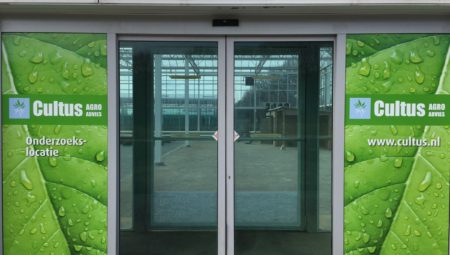RNA biopesticides are a particularly promising alternative to conventional, chemically synthesised crop protection agents in horticulture. They can be sprayed on crops in the traditional way, after which they enter the digestive system of insects. Through a natural mechanism of gene regulation called RNA interference, specific genes are switched off there. The result is a very precise and effective insecticide that is completely harmless to other organisms such as beneficial insects, bees and the environment. The genetic material of the plant or insect is not changed in the process.
So far, this method has been tested in the lab. The aim of the follow-up research that is now starting is to further develop the applicability of this new technology in practice. For example, the stability of the injected RNA against environmental influences such as rain or UV radiation will be investigated and optimised by means of innovative encapsulation technologies.
The project titled ‘RNA-basierte Pflanzenschutztechnologien im Gartenbau’ – ho[RtikulturNA] is funded with a total of €700,000 by the German Federal Ministry of Food and Agriculture. Read more on the website of the University of Hohenheim.
Image: KarlosWest/Shutterstock



